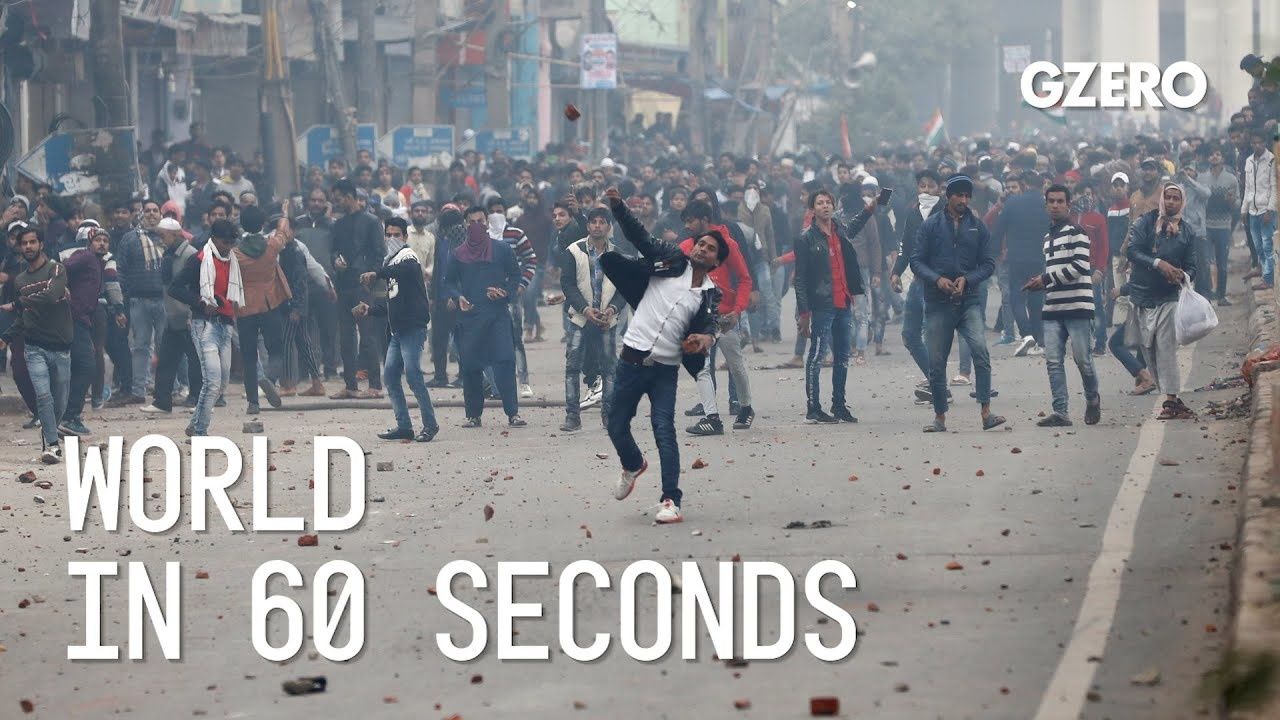
Why are people protesting in India?
It's against this new citizenship law, that's part of a really strong turn away from economic reforms of Modi as the economy gets worse and instead towards nationalism, Hindu nationalism. And this in particular is allowing all of these different people to come in from Bangladesh, Afghanistan, Pakistan. You can be Buddhist, you can be Jain, you can be Parsi, you can be Christian, you can be Hindu, but you can't be Muslim. And 15 percent of the population almost, is Muslim. They're pretty angry about it. Opposition sees a chance to go after Modi with this, too.
Will there be an Irish fallout with Brexit?
Eventually, yeah. Because you're talking about creating some form of border slash backstop between Ireland and Northern Ireland that the locals are not going to like. And by the way, when the Brits are trying to do a trade deal with the United States, you wait to see what the Irish diaspora in the U.S. going to say. They have a lot of power in Congress. It's absolutely something people are thinking about. It's going to become an issue.
Why was Pakistan's former president, Pervez Musharraf sentenced to death?
Well, because when he was in charge of Pakistan, it came on the back of declaration of a state of emergency. And that was considered unconstitutional. You now have that winding through the court systems for many years. They've just ruled on it in absentia. He's in the Emirates, ostensibly for medical emergency. That was why he originally left. And they say death penalty. But he can repeal it. Obviously very political. When he did get rid of that state of emergency, he had elections and he lost pretty badly. That's Pakistan.